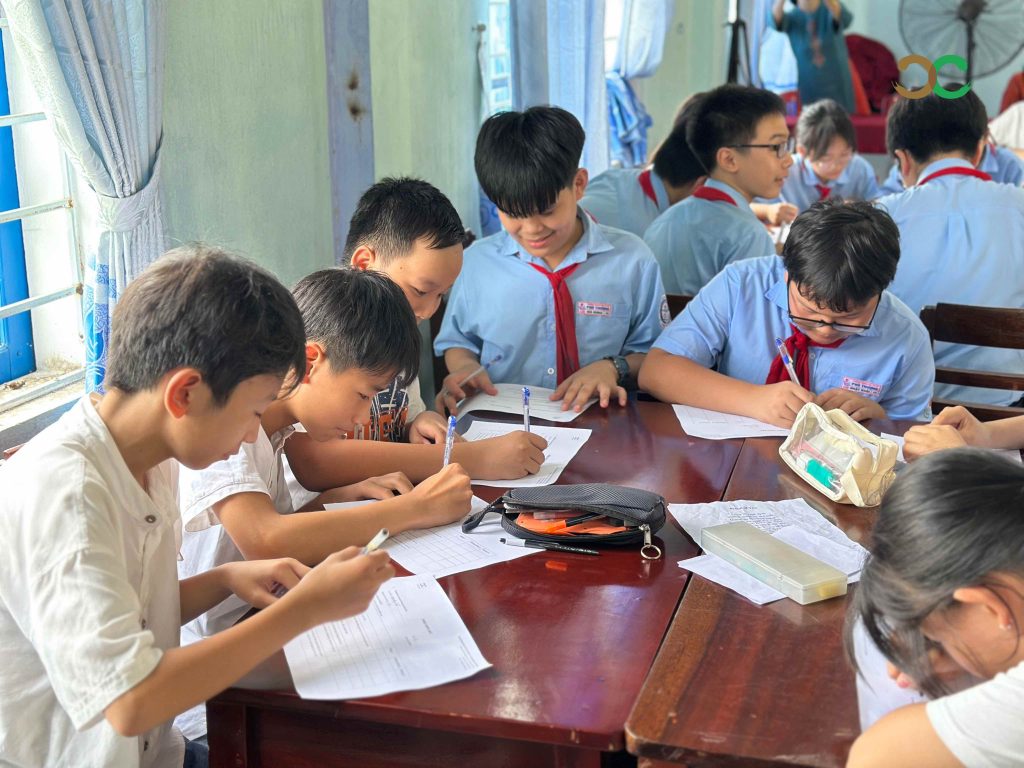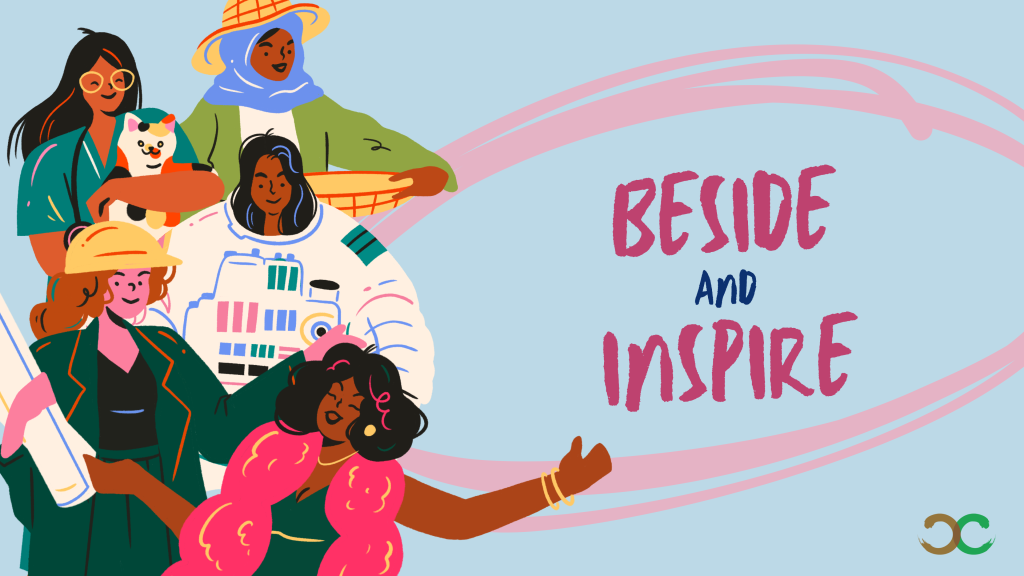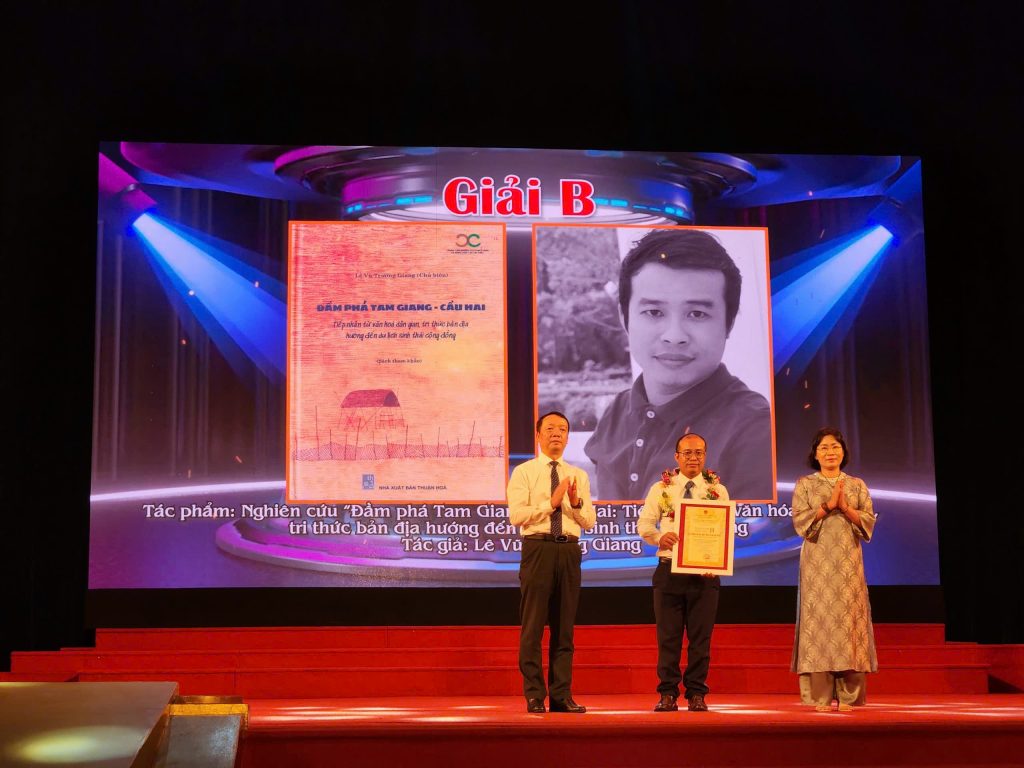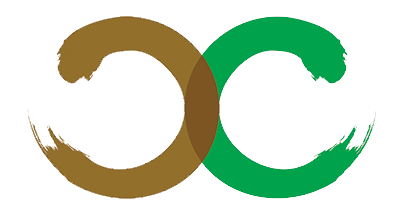On October 19, 2024, CKC launched an exciting new initiative titled ‘Creative Voices: Youth and Gender Diversity’ at Phu Thuong Secondary School in Hue with the engagement of over 40 enthusiastic students from grades 6 to 9 in the English Club.
The session, titled ‘Who Am I?’, was led by Poppy Fowler, CKC’s Gender Expert. Students engaged in various activities to exploreoften unrecognized gender perspectives within their emotions and thoughts. Key activities included:
– A quick survey to stimulate reflection on gender in the surrounding environment.
– An interactive game, ‘Is it a girl thing or a boy thing?’, which encouraged open discussion.
– Learning essential English terminologies related to gender and equality.
CKC is delighted to partner with the Management Board, teachers, and students of Phu Thuong Secondary School to create a platform for ongoing discussions about gender diversity.
The ‘Creative Voices: Youth and Gender Diversity’ initiative aims to provide six weeks of sharing and creative activities that raise awareness of gender issues and empower students to think critically about social issues. By facilitating cultural and intellectual exchanges with experts in social research and community development, CKC hopes to inspire students to express themselves and engage meaningfully in conversations about gender diversity in their lives.



More information about the Activity, reach us at: https://www.facebook.com/share/p/wbdK67PbTgdAnyNn/
Note: All images and activities are conducted with the consent of parents and guardians, in alignment with CKC Child Protection Policy.
(Han Nguyen)

In celebration of Vietnamese Women’s Day (October 20), CKC is excited to announce the launch of the ‘Beside and Inspire’ Campaign. We are looking forward to receiving your stories or sharing about women who have made a positive impact on your life and in your communities.
Regardless of their roles, positions, or unacknowledged social responsibilities, women always shine brightly through their own stories. Their contributions and silent sacrifices bring immeasurable value to life. Through their personal narratives, women radiate with beauty and inspire those around them.
The ‘Beside and Inspire’ Campaign is a heartfelt tribute to the remarkable contributions of women in our communities. Let’s come together to honor those who inspire us, bridge the gender gap, and work towards creating a more equitable world.
🌼 How to Participate:
– Who Can Join: Everyone, of all ages – your voice matters!
– Registration: Please access the link for details.
🏆 What You Can Win:
- First Prizes (3 winners):
– A hand-drawn postcard set, which is exclusively designed for the Campaign
– A sketch of your applied photo by a CKC artist
– A certificate of participation - Spreading Prizes:
– A postcard set
– A certificate of participation
📅 Result Announcement:
– When: October 20, 2024, at 10:00 AM
(Gift sets will arrive in your hands before this day)
For support or inquiries, please contact CKC via our fanpage or email us at info@ckcvietnam.org

